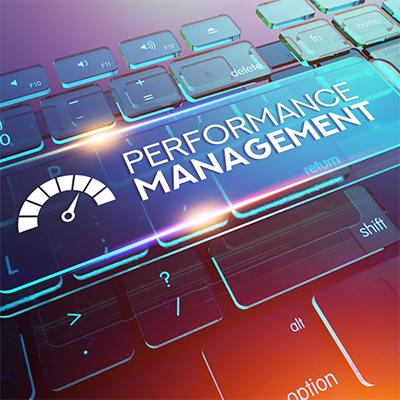Creating workplaces where employees can work to their best ability and thrive is not easy to execute, but with the right support and strategies in place, it can be achieved.
Being in HR, we are often the people that others look to for help in getting the balance between policy and performance just right. And when we look at performance management there are so many elements that come together to make it work, from leadership to motivation to feedback, structures, strategy, policy and procedures… each one playing its very own part to the overall success of performance management.
So, what does it take to perfect your performance management? Here’s 4 strategies to effective performance management:
Communication – I do say this a lot and with anything HR or performance management related in particular, communication is key. This all starts from your onboarding right through the employee journey, knowing what is expected of them, especially where goals and performance are concerned. Setting expectations on performance from the start will support everyone to be their best they can be.
Feedback – I’ve touched on feedback before as it’s so important for our development, both in business and personally. Giving and asking for regular feedback creates positive behaviours; it places a focus on opportunity and by having a clear plan of development and the steps needed keeps motivation and engagement high. From a business perspective it also keeps you aligned to what your employees want in real time, allowing you to be more responsive when you’re faced with challenges that are perhaps out of your control, the current cost of living crisis for example. Of course, feedback has to be given in the right way to maintain motivation levels, more on that another time though!
Regular contact – Make time for regular catch ups. Taking the time to get to know your employees on a personal level, what interests them, what drives them, how they like to spend their time, all help you build trust and deeper relationships. It’s always useful if you try and keep some structure to these meetings and be sure to let your team know what is expected of them ahead of the meeting. Regular performance reviews are fast becoming the most favourable way to support teams to reach their goals. It’s also a great way of being able to tackle any negative behaviours or performance issues before they develop into bigger issues.
Management support toolkit – Your managers are really key in the success of any performance management processes, as it is them that are often the ones implementing these. Where possible engage with your team leaders regularly to understand what is working, and perhaps what isn’t. Keep this group of leaders informed of changes to come, and how they can navigate any support systems to do their job. Recognition where it’s due – it can be all too easy to overlook the great work line managers produce, especially when focus is on things like output and productivity. Reward and recognise where a good job has been done. Also, remember to train your managers thoroughly – a poor manager costs the company so much!
I’m sure there is nothing new here and some of the strategies may seem simple, but it is usually the obvious actions we forget to implement or overlook. If performance is something you’re struggling with it can be a great exercise to go back to basics and work from there.

